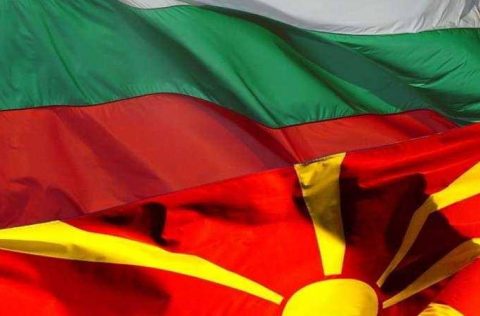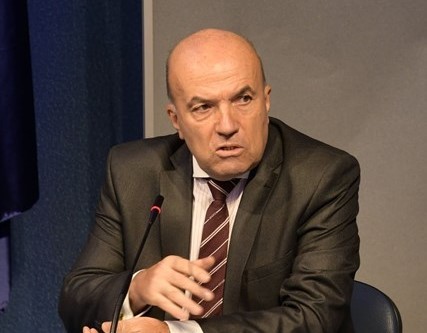I hope that the same consolidation process will be implemented in Macedonia in terms of what we can do in a positive sense, because unfortunately, while we somehow have some kind of national consensus regarding Macedonia, they do not see it very clear. There is one party there, which is open to dialogue with Bulgaria, no matter how difficult it may be, and another, which is against it. It will be much easier for us if we manage to have the state as a partner, and not individual parties, because there is a risk of a trouble there.
This, among other things, was stated by Bulgaria’s Caretaker Minister of Foreign Affairs, Nikolay Milkov, at his first official meeting with journalists in Sofia, where he promoted the state’s foreign policy priorities.
With this, Nikolay Milkov, who came to the ministerial position from the ambassador’s position in Paris, which means that he was one of the direct participants in the negotiations regarding the French proposal, openly admitted that the negotiation process on the Macedonian side is conducted along party and not state lines! Which means that it is unacceptable for Bulgaria that only SDSM and DUI as the holders of power in Macedonia stand behind the signatures and the acceptance of the French proposal.

Hence the commitment of Milkov to change the situation, so that they have the state of Macedonia as a partner. And that leads to the need to reach a general political consensus in the country, which is unlikely given the unwavering stance of VMRO-DPMNE for changing the Constitution and including the Macedonian Bulgarians into it as a constituent people.
Now, in fact, the government is paying the price for the non-transparency of the entire process, the lies and the lack of involvement and timely familiarization of the largest opposition party VMRO-DPMNE with the content of all three inseparable documents from the French proposal.





Comments are closed for this post.